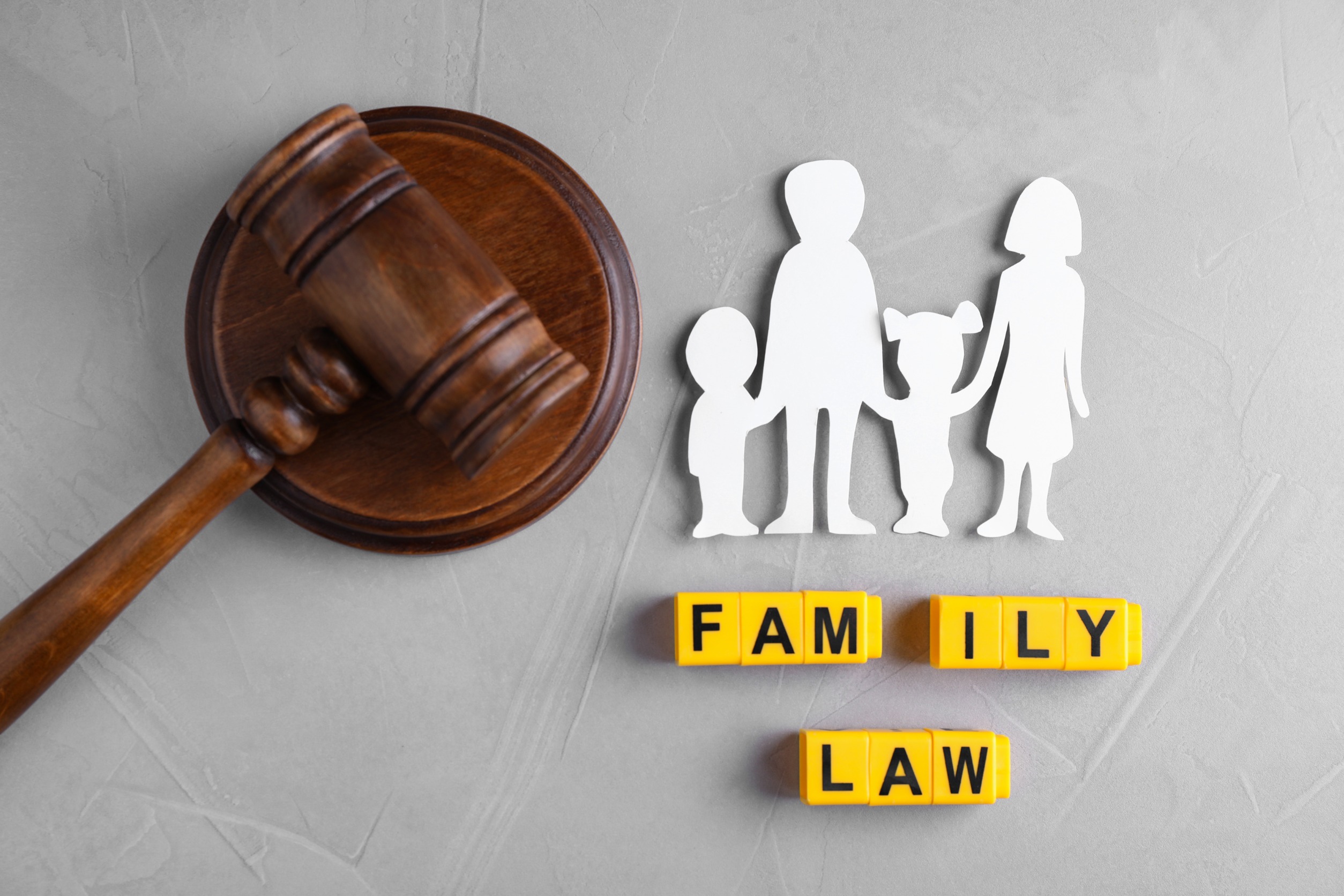
Divorce can be complicated enough without one spouse hiding money or property from the other. Unfortunately, financial deception is more common than many people think—especially in high-conflict or high-asset divorces or where one partner is trying to avoid support or alimony payments. In Oklahoma, the law requires full and honest disclosure of all assets and debts. When one spouse tries to conceal assets, the court takes it seriously. If you suspect your spouse is hiding assets or lying about finances that impact your finances, here’s what you… Read More









